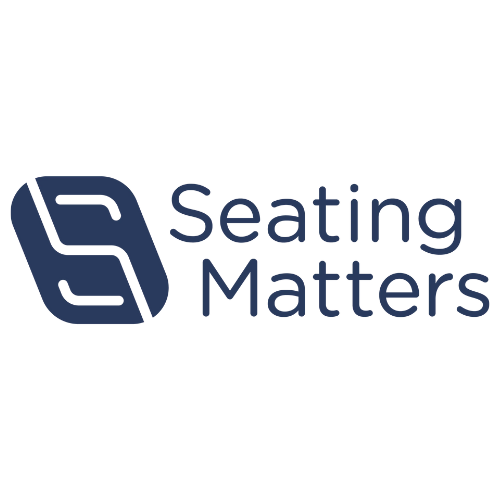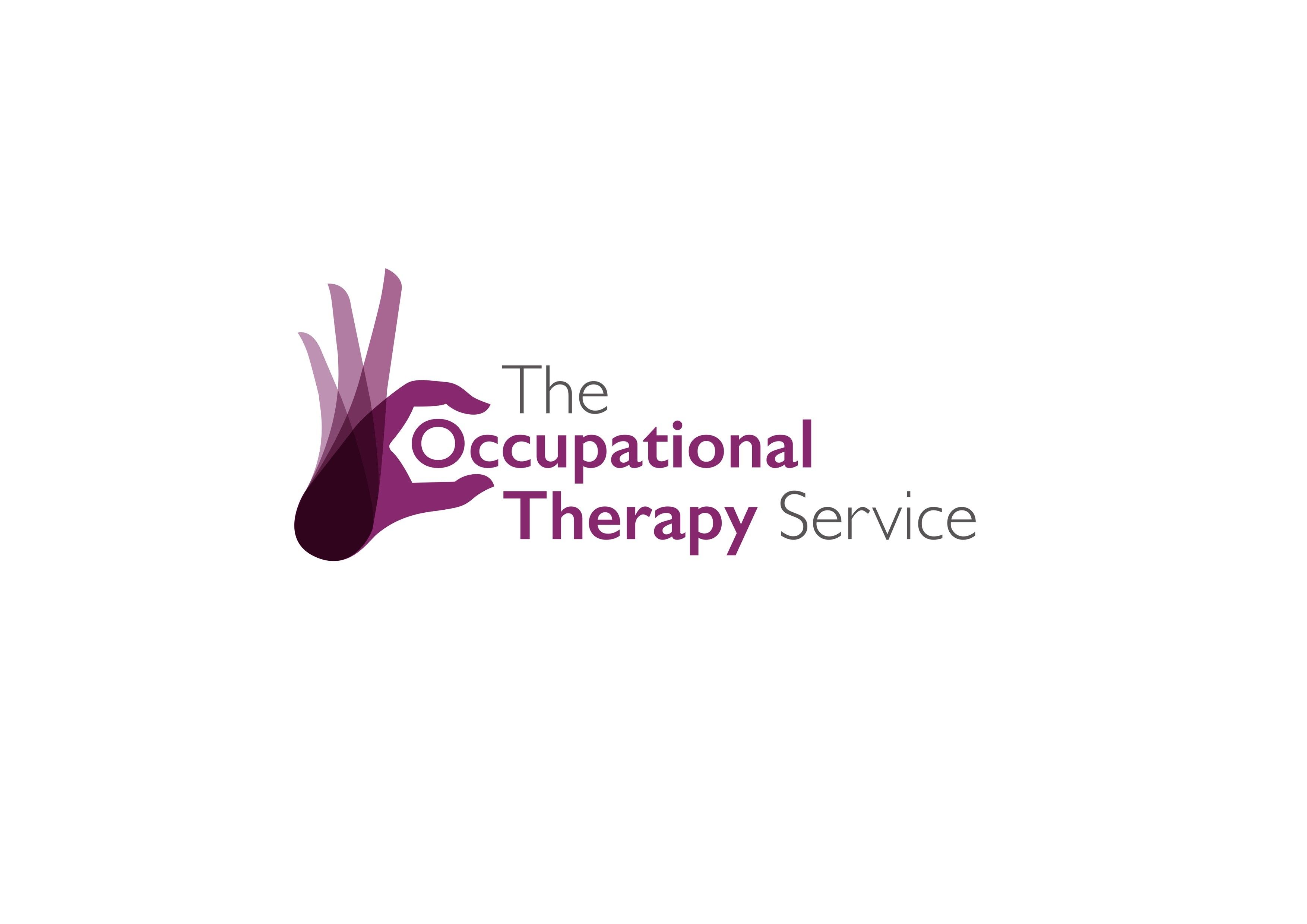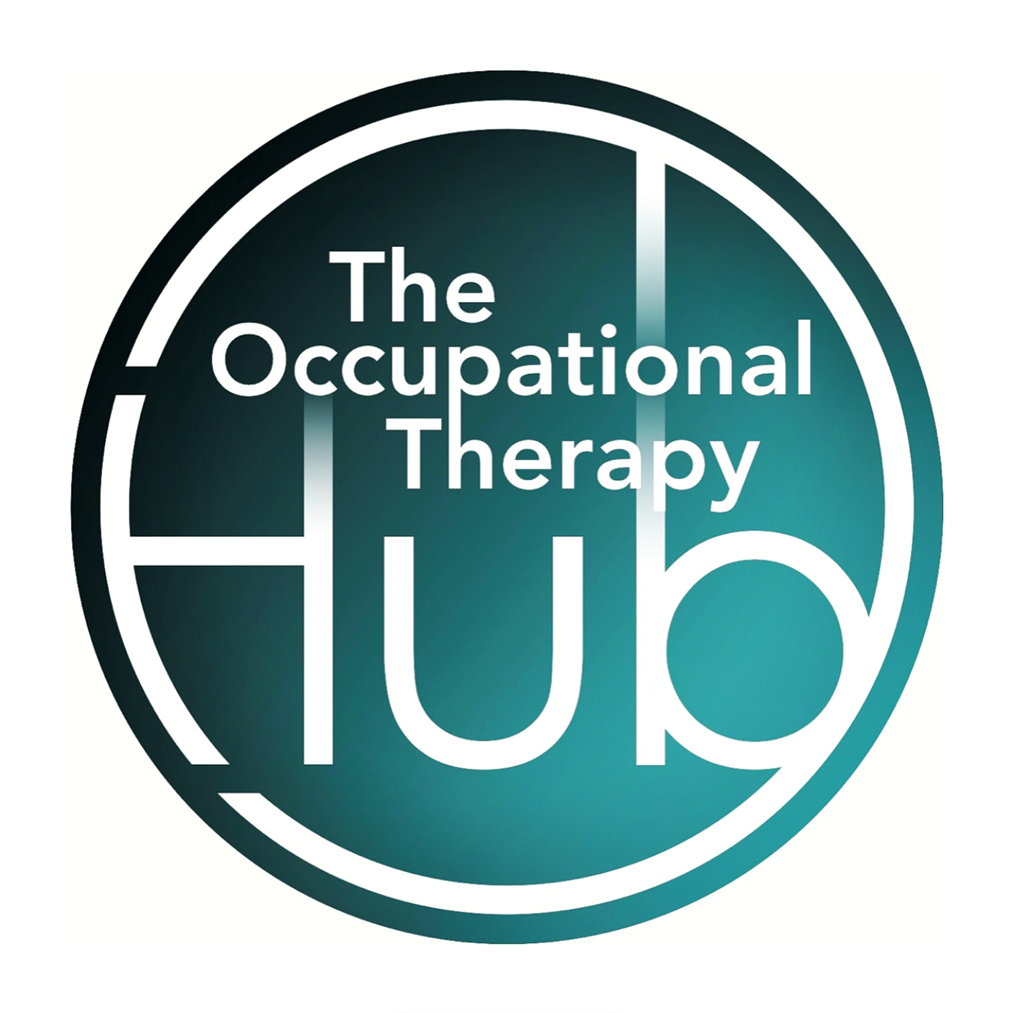The role of the occupational therapist in the management of paediatric movement disorders
27 Nov 2025
Theatre 2
In this presentation, Philipa will discuss a number of childhood movement disorders, including dystonia, how they can impact a child’s occupational performance and the important role that occupational therapists can play in maximising the child and their family’s quality of life. Current evidence-based practice will be explored, including the importance of meaningful goal setting, alongside patient case studies which focus on the use of deep brain stimulation (DBS) in the management of paediatric dystonia.
- Have an increased understanding of paediatric movement disorders and how they may present
- Understand the potential impact of childhood movement disorders on occupational performance and the risk of secondary complications
- To recognise the of the role of the occupational therapist in the management of paediatric movement disorders
- To understand the importance of meaningful goal setting to ensure child and family centred treatment planning
- To have awareness of neurosurgical interventions used in the management of paediatric movement disorders, including deep brain stimulation




















